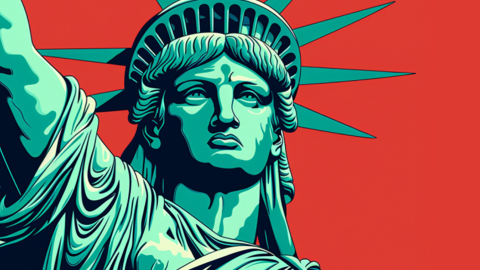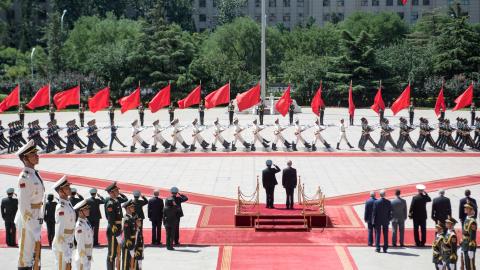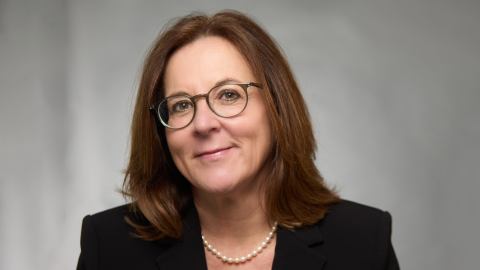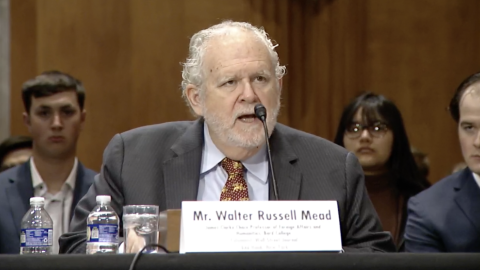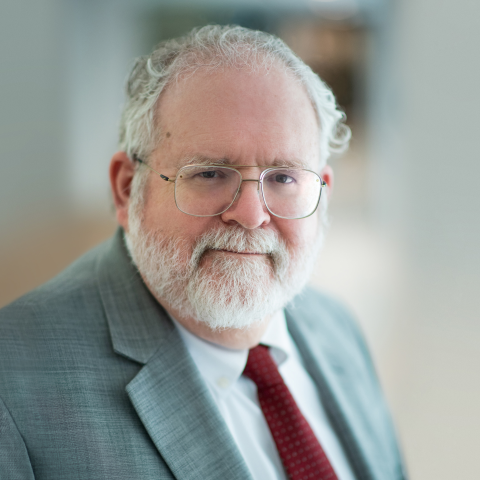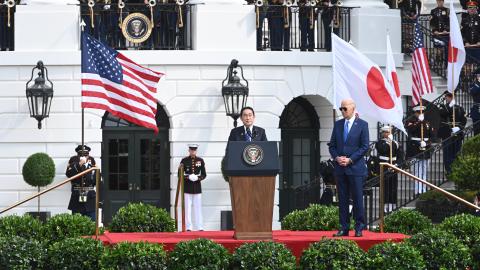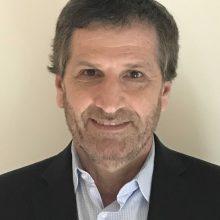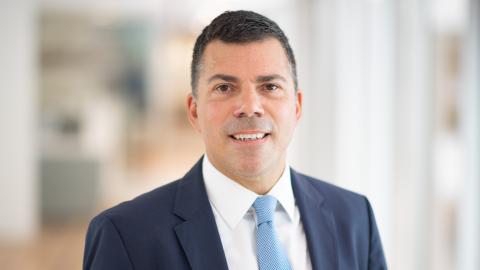29
April 2024
Past Event
Latin America’s Foreign Policies at a Crossroads
Latin America’s Foreign Policies at a Crossroads
Past Event
Hudson Institute
April 29, 2024
Share:
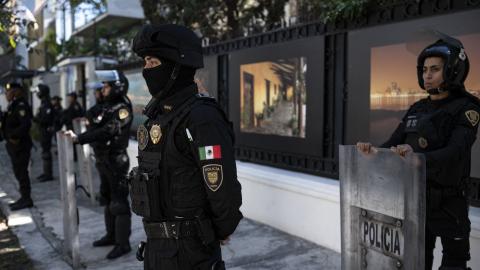
Caption
Riot police officers stand guard outside the Ecuadorian embassy in Mexico City on April 6, 2024. (Photo by Yuri Cortez/AFP via Getty Images)
Related Events
07
May 2024
Virtual Event | Online Only
Policy Matters: Congress’s Role in Countering China
Featured Speakers:
Congressman Dan Crenshaw
Jeremy Hunt
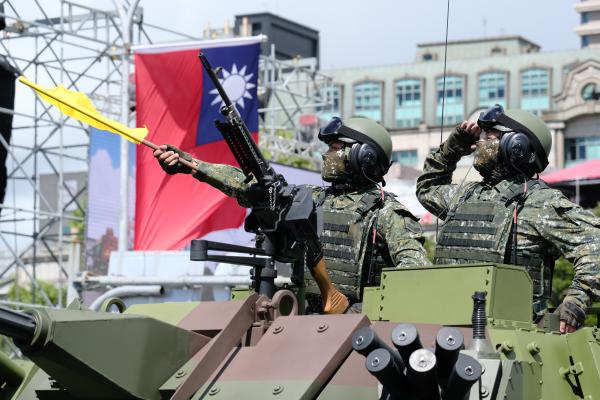
07
May 2024
Virtual Event | Online Only
Policy Matters: Congress’s Role in Countering China
Fresh off a string of policy victories, United States Representative Dan Crenshaw joins Hudson Media Fellow Jeremy Hunt for a conversation about the recent foreign aid package.
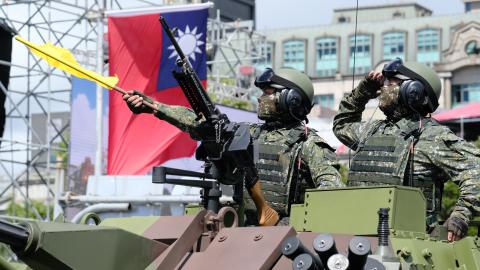
Featured Speakers:
Congressman Dan Crenshaw
Jeremy Hunt
08
May 2024
In-Person Event | Hudson Institute
How Civil Defense Boosts Deterrence: A View from Sweden
Featured Speakers:
Carl-Oskar Bohlin
Peter Rough
Moderator:
Daniel Kochis
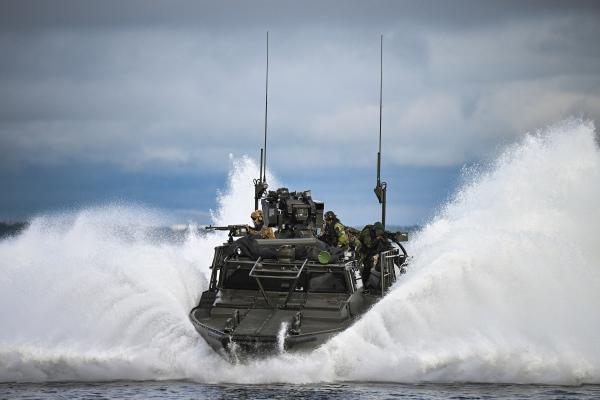
08
May 2024
In-Person Event | Hudson Institute
How Civil Defense Boosts Deterrence: A View from Sweden
Join Hudson for a discussion with Swedish Minister for Civil Defense Carl-Oskar Bohlin on the Swedish approach to civil defense.
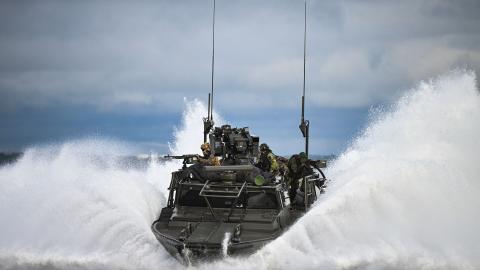
Featured Speakers:
Carl-Oskar Bohlin
Peter Rough
Moderator:
Daniel Kochis
09
May 2024
In-Person Event | Hudson Institute
Reflections and Lessons from 20 Years of Estonian NATO Membership
Featured Speakers:
Ambassdor Kyllike Sillaste-Elling
Daniel Kochis
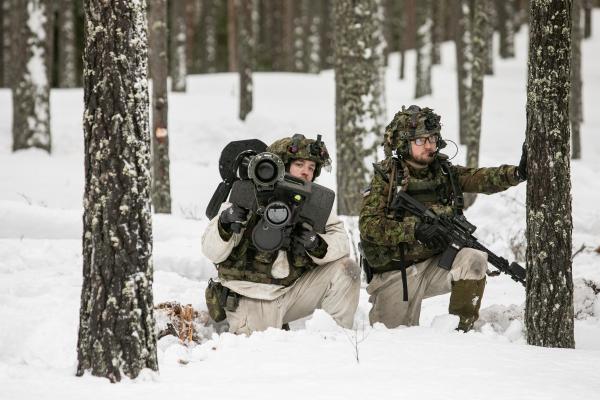
09
May 2024
In-Person Event | Hudson Institute
Reflections and Lessons from 20 Years of Estonian NATO Membership
Ambassador Kyllike Sillaste-Elling, the undersecretary for political affairs at the Estonian Ministry of Foreign Affairs, will join Hudson for a conversation on the Estonian experience in NATO.

Featured Speakers:
Ambassdor Kyllike Sillaste-Elling
Daniel Kochis
09
May 2024
In-Person Event | Hudson Institute
Keeping the Republic: A Defense of American Constitutionalism
Featured Speakers:
Marc Landy
Dennis Hale
Moderator:
Rachel Mackey

